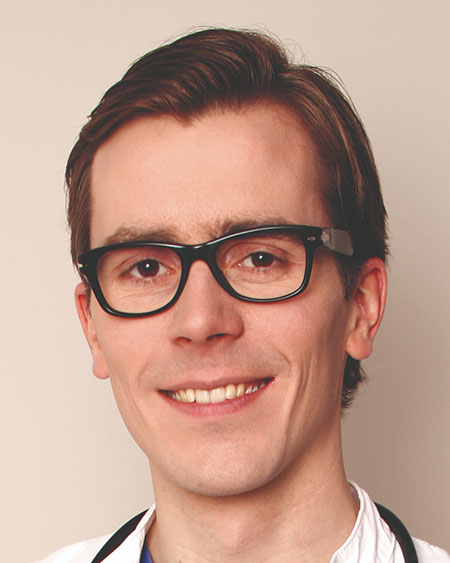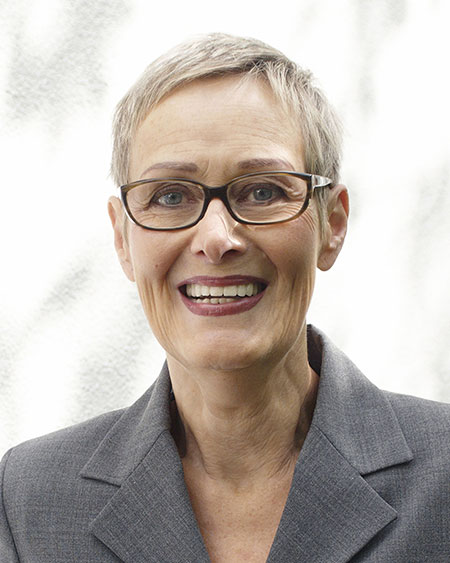Select your country
Websites worldwide
Select a country to go to the website of the respective STADA sales company.
Australia (1)
Austria (1)
Belarus (1)
Belgium (1)
Bosnia-Herzegovina (1)
Bulgaria (1)
China (1)
Croatia (1)
Czech Republic (2)
Denmark (1)
France (1)
Hungary (1)
Ireland (1)
Italy (1)
Montenegro (1)
Netherlands (2)
Poland (1)
Portugal (1)
Romania (1)
Serbia (1)
Slovakia (1)
Slovenia (1)
Spain (1)
Switzerland (1)
Thailand (1)
The Phillippines (1)
United Kingdom (3)
Vietnam (2)
STADA Health Report 2016
Health consultation hour: What body and mind have to tell each other
Healthy body, healthy mind, says a Latin proverb
The interaction between the physical and the psychological is undisputed. The extent to which this interaction affects our daily lives is dependent on the individual living conditions. Do socio-demographic characteristics such as age, origin or gender influence these effects? How do certain attitudes affect our behavior? Why, for example, are some people reluctant to see the doctor despite being unwell? Which factors lead to physical inactivity, why do some people eat better than others? How do low self-esteem and the feeling of unattractiveness affect happiness? And what are the main causes of sleep problems and stress? The STADA Health Report 2016 looks at such questions.
In Autumn 2014 the STADA Health Report started with a survey about people’s attitudes, wishes and behavior towards their health. In 2015 the focus was on Germans‘ health knowledge. This year the survey is going one step further by combining the topics. Therefore the title of the Health Report 2016 is “Health consultation hour: What body and mind have to tell each other”.
Double interview: “The link between body and mind is a key topic”

Dr. Johannes Wimmer works as a doctor at the University Hospital Hamburg-Eppendorf. It was quickly clear to him that he wanted to go public, primarily to achieve one thing: an improvement in doctor-patient communication. In November 2015 he published his first book, »Fragen Sie Dr. Johannes« [Ask Dr. Johannes], the second book »Alles über die Haut« [All about skin], was released in April 2016 and reached the SPIEGEL bestseller list. Dr. Wimmer has his own television show on the NDR channel in Germany (»Wissen ist die beste Medizin« [Knowledge is the best medicine]) and gives presentations at health policy congresses and conferences.

Dr. Eva Wlodarek is a psychologist, coach and bestselling author. She wrote her thesis on the subject of »happiness«. In addition to many years of work as a psychotherapist, for over 20 years she was the consultant psychologist for the magazine »Brigitte«. Her focus as a coach, author and consultant is on the »development of personal potential«. She published numerous guidebooks on self-confidence and positive aura, most recently »Jeder Mensch hat Charisma. Lassen Sie Ihre Persönlichkeit leuchten« [Everyone has charisma. Let your personality shine through]. She is in demand in the media as an expert and has worked in diverse TV formats.
Questions & Answers
What do body and mind have to tell each other?
Dr. Wimmer: The link between body and mind is a key topic. In the emergency room I have seen that ever more acute physical symptoms are caused or worsened by the mind—for example in the form of anxiety. There are also many chronic illnesses, which have been proven to be strongly linked with the mind. For example psoriasis, which is often caused by increased stress.
Dr. Wlodarek: Fortunately medicine and psychology now know about these interactions. For many centuries the body and the soul, or mind, were seen as separate. However, the two belong together and influence each other. Sometimes one speaks, sometimes the other. Attitudes and feelings have an effect on the body. The placebo effect is a clear example of this. But physical processes can also influence the mind and soul, for example by causing depression.
Which results of the STADA Health Report 2016 did you find most surprising?
Dr. Wimmer: I had not expected many of the results to be so high. The frequency of back pain is huge, just as the fact that so many people do not do anything about it. That 61 percent believe they are too fat or that 82 percent go to work despite having a cold are also shocking insights into the health, or rather illness, of Germans.
Dr. Wlodarek: I agree. I was surprised that one in three Germans regularly suffer from back pain. I am also alarmed by the fact that 50 percent of women would go under the knife for cosmetic surgery.
From surprises to expectations: Which results did you see coming?
Dr. Wlodarek: The results related to differences between the sexes. Women bow down to social pressure more than men and are more focused on outer appearances. The traditional belief that »a woman must be beautiful« continues to apply. This can be explained and was also expected, but is still disappointing. We live in times, in which appearance plays a big role.
Dr. Wimmer: I am not surprised that so many people seek a second opinion after visiting the doctor. At a time, when it is so easy to access a wealth of information with just a few clicks, this is the logical consequence. I had therefore also expected significantly more people to consult the Internet before their doctor.
Young people avoid seeing the doctor far more often than older people. How would you explain that?
Dr. Wlodarek: Young people are used to looking for information online. In addition, there they find other people who are also affected and who can answer their questions, and feel they are understood. The exchange generates a sense of community, which we don’t get if we as individuals go to the doctor. Furthermore, on the Internet we can also find doctors, who explain even complicated issues in a simple way, like Dr. Wimmer. Unfortunately, many doctors are not successful in this. There is a need to catch up.
Dr. Wimmer: The young generation has greater trust in the body’s »self-healing powers«. But generally they simply do not have time to go to the doctor. This is also shown by figures for »leisure stress«. In fact, doctors must adapt to social change, but this is not happening. A practice has fixed opening hours. If the practice is closed, then it is closed. But the Internet is always open. Dr. Wlodarek is right: There are some reputable medical information platforms online – but on the whole there are still far too few.
The STADA Health Report 2016 also showed that some Germans value their financial situation more than their health. What does this mean?
Dr. Wimmer: I think that is relatively normal. Money simply suggests more security for the future than health, because money is a calculable amount. In contrast, health is not easily quantifiable and the value of health cannot be measured – particularly not for someone who is healthy.
Dr. Wlodarek: That is true. We value our health most when we no longer have it. For healthy people, money is a symbol of health, a zest for life and freedom: We have no financial concerns, can go on vacation and do not have to take on work we do not enjoy
What about physical activity? Some people know that they are overweight, but do not take enough exercise. People with back pain also struggle with sport, although it would do them good.
Dr. Wlodarek: That has less to do with laziness or lethargy than we might think. It is down to the powerful force of habit. Our brains are programmed to keep everything as simple as possible and to reward low effort with the release of happy hormones. A new habit must therefore first be painstakingly trained. However, the transition period is limited. If you can keep up your sports program every day for three weeks, your body and mind adapt. Then it will be easy for you and you will not want to go without it.
Dr. Wimmer: Alongside the discussed habits, time also has a role to play: There are many things that people find more important than exercise. Back pain or being overweight are tolerated until they are no longer bearable. Before then friends, private appointments and work have priority. In addition, many people have still not grasped how important exercise is for physical and mental health. In order to cement this understanding, we need a cultural change, supported by schools, employers and doctors.


